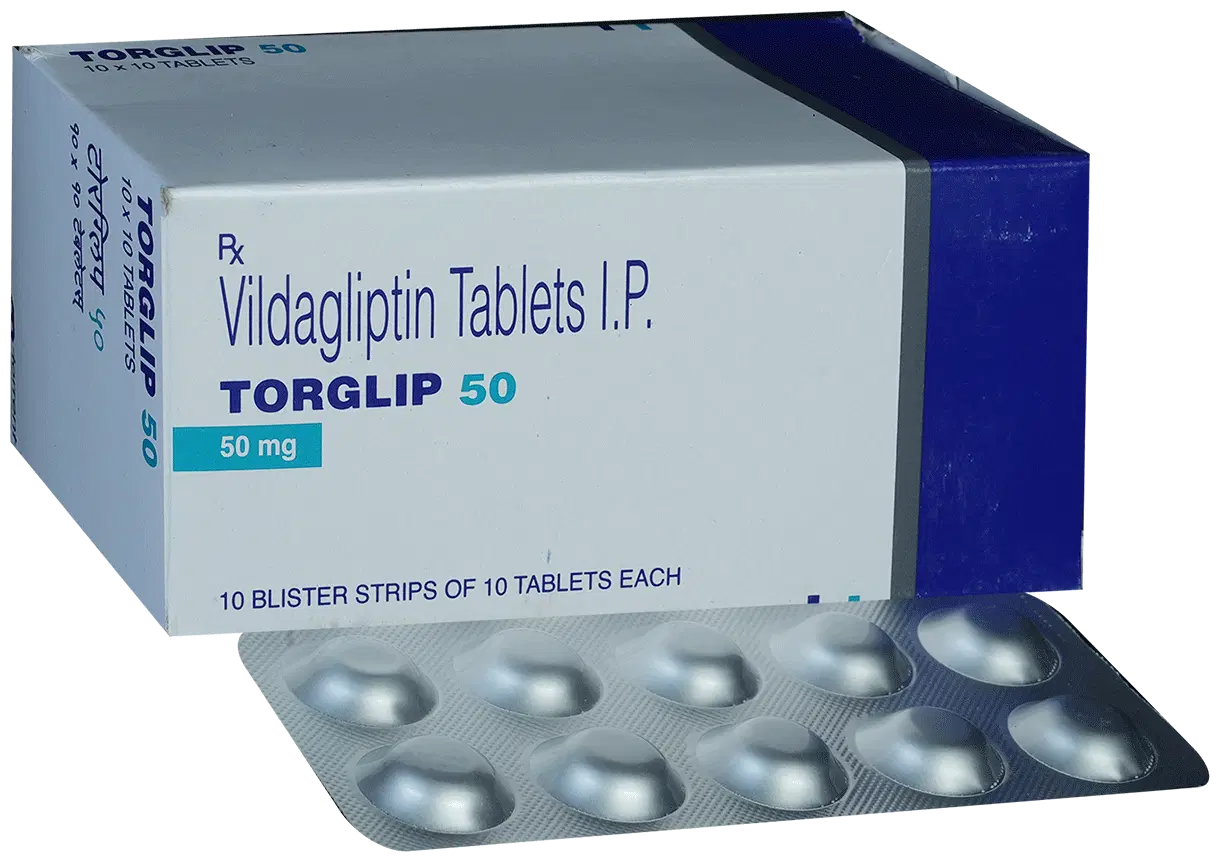Prophylaxis of rabies
Rabies is a viral infection that affects the central nervous system, leading to inflammation of the brain and spinal cord. It is transmitted through the saliva of infected animals, most commonly through bites. The rabies prophylaxis category includes medications and vaccines that are used to prevent the spread of rabies in humans who have been exposed to the virus.
Typical medications in this category include:
Human Rabies Immunoglobulin (HRIG): This is a passive immunization treatment, derived from the plasma of humans or animals that have been immunized against rabies. HRIG contains antibodies that are specifically designed to neutralize the rabies virus and protect the patient from the effects of the infection.
Rabies Vaccine: This is an active immunization treatment that helps the body to develop its own antibodies against the rabies virus. The vaccine is typically administered as a series of injections over several weeks following exposure to the virus. In some cases, a single dose may be sufficient, depending on the severity of the exposure and the patient’s vaccination history.
Please note that the specific treatment protocol and dosing schedule will depend on factors such as the patient’s age, medical history, and the nature of the rabies exposure. Consult with a healthcare professional for personalized advice on preventing rabies infection.

Showing the single result
Showing the single result


